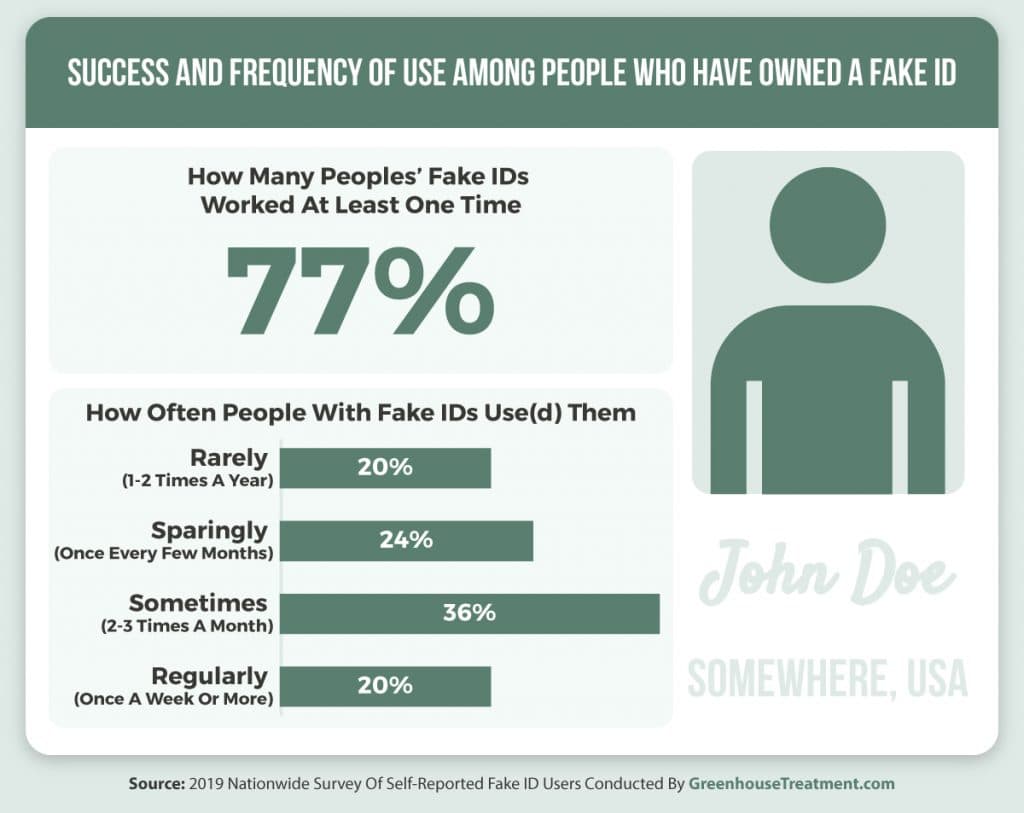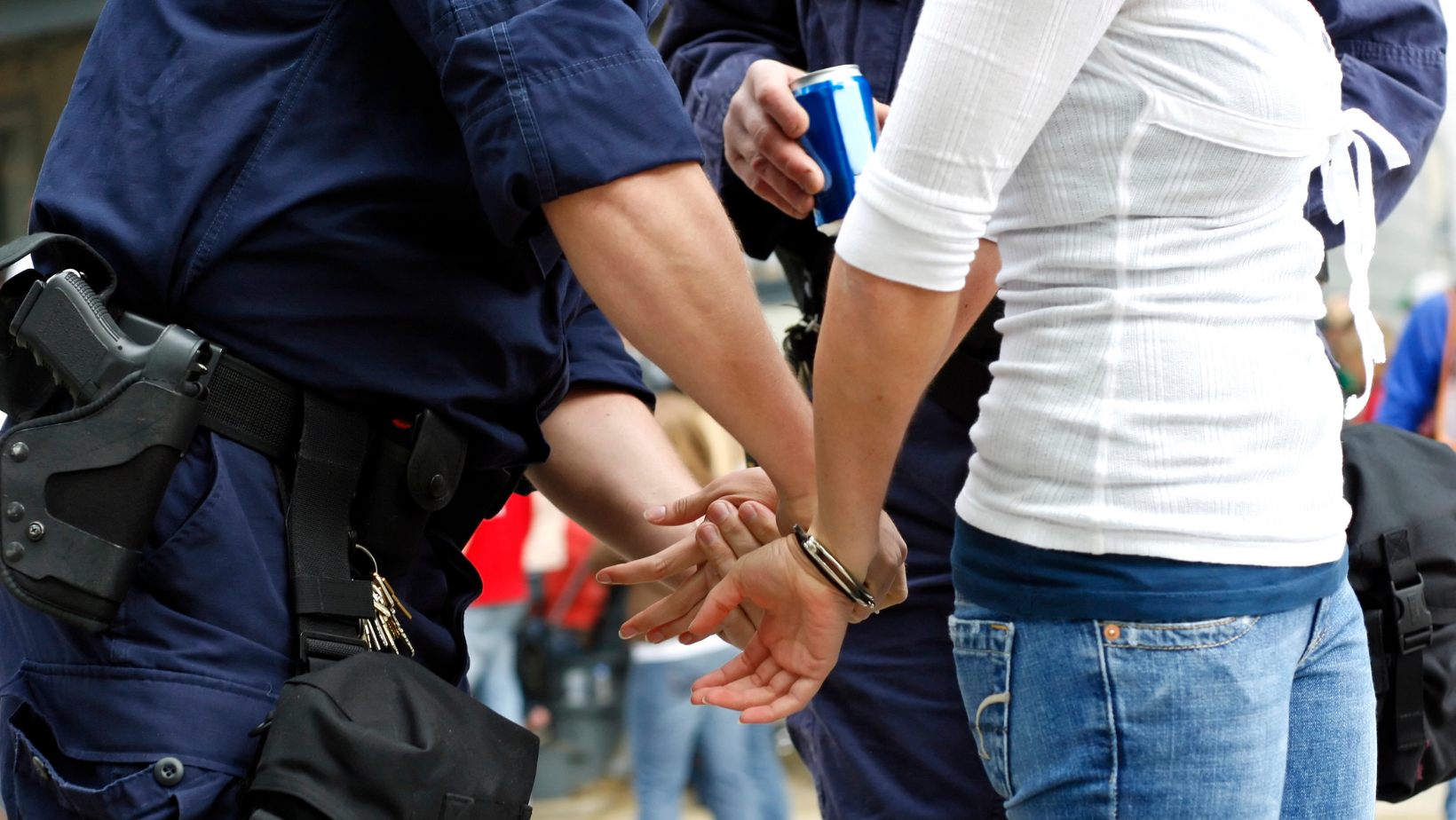Underage drinking. We all know it’s a problem, but how prevalent is it really? According to the USA 2019 National Survey, 7 million teens and young adults between the ages of 12 and 20 reported drinking alcohol in the last month. Teens are able to acquire these alcoholic beverages through various methods. While the most common acquisition is through friends and family, teens may also resort to other methods such as using fake IDs to purchase alcohol themselves, buying from establishments with lax ID checks, paying someone else to buy the alcohol for them, or in some extreme cases, stealing the alcohol.
For a liquor store or bar, the easiest way to ensure you aren’t accidentally serving to a minor is to put into place strict ID check policies. By making sure the date on every ID is looked over by an employee, you can catch a good amount of potential underage customers using valid IDs from slipping through the cracks.
Fake IDs, however, are a whole other story, as they can pass a look-over check done by an employee. Who is responsible for fake IDs that slip through? The teen or the business? Unfortunately for our good merchant friends, the answer in most states is both. Let’s use the state of Massachusetts (MA) as an example, keeping in mind that several states have very similar policies and laws in place.
Massachusetts Drinking Laws
MA has strict laws about serving alcohol to underage persons, sometimes referred to as “Social Host Laws.” Per these laws, the fault lies heavier on the alcohol provider than on the teenager. For example, an underage person who gets caught attempting to purchase alcohol may be fined $300 and could also have their driver’s license suspended.
For a business, the consequences can be even steeper. For the person making the sale (i.e., an employee working the cash register or bar) the punishment per an incident can be up to $2000 in fines as well as potentially up to 12-months in prison. The business itself may have its liquor license temporarily suspended or permanently revoked depending on the severity of the charge.
Unfortunately, simply saying you checked the ID isn’t always enough to get you off the hook for an underage sale that goes through. It is crucial that your business is able to provide documentation to law enforcement that your employees did their due diligence in checking the ID to avoid these costly consequences.
Spotting Fake IDs
When it comes to valid IDs, ensuring your employees are checking the birth date on the license and matching the photo on the ID to the person making the purchase is often enough. Yet fakes continue to become more prevalent; a recent investigation by Customers and Border Protection agents at the O’Hare Airport found 743 fake IDs in 122 shipments. Most of the IDs were manufactured and imported from China, and were of such high quality that it is difficult if not impossible for employees to visually spot and reject the fakes.

As evidence, a 2021 article from Forbes details how recent fakes can defeat the identification and detection processes in place to stop them. The current generation of fake IDs can easily pass a visual inspection by even an experienced clerk and may also have the details necessary to pass a barcode scan or magstripe swipe. Fraudsters continue to innovate as scanning and printing technologies advance, and so businesses must keep apace with best practice ID document authentication best practices to mitigate their immediate and downstream fraud risks.
What steps do you need to take to stop Fake IDs? There exists simple and cost effective identity authentication solutions that perform robust tests and checks for you. The best ID authentication tests cross check an ID against a comprehensive reference library database to confirm presence of embedded security features by the issuing government authority.
UVeritech’s PALIDIN solution can do that and more! PALIDIN allows you to scan the ID using one of the approved high-tech scanners, and from there the software solution does the rest, running the various images captured by the ID scanner against a database of documents.
The results are presented to your employee in just seconds, letting them know if the ID was a fake or not. Better yet, PALIDIN allows you to save (optional, per your specific policies) a record of the identity check to prove to law enforcement, at a later date, that your business covered its bases. The information stored is also customizable so you can reduce your risk by just saving the bare minimum needed for your records. PALIDIN takes away the stress brought on by fraudsters using fake IDs and allows you to focus on what matters most, running your business.


